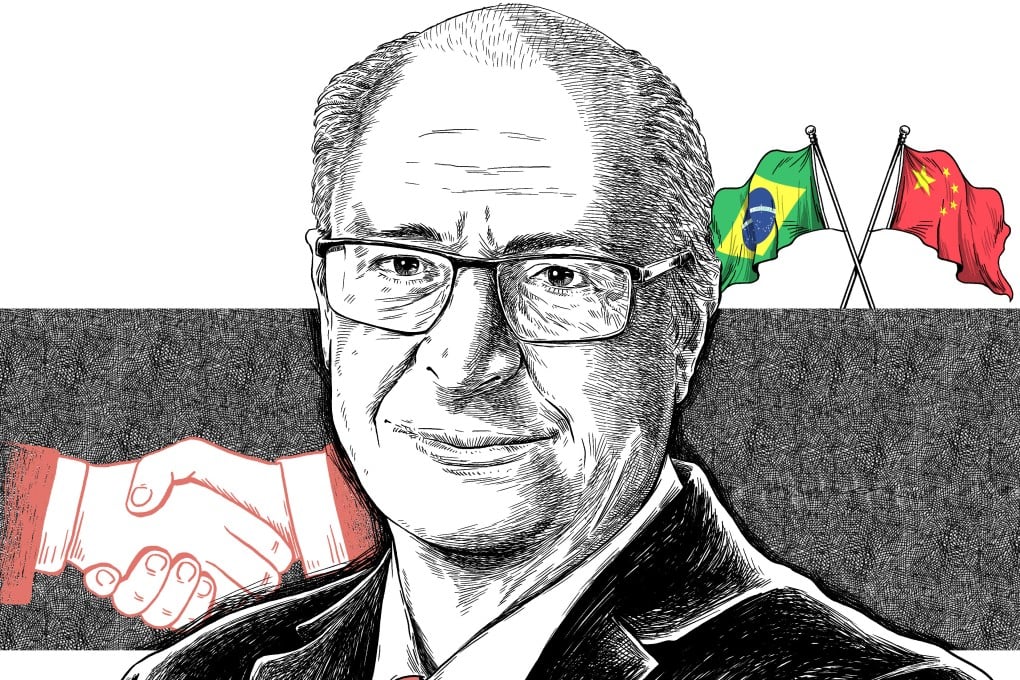Open Questions | Brazil’s vice-president on 50 years of China ties and boosting trade amid fairness rows
- Geraldo Alckmin also discusses the decision to impose tariffs on Chinese steel and Beijing’s help after his country’s worst climate disaster

Brazilian Vice-President Geraldo Alckmin coordinates the Sino-Brazilian High-Level Commission for Consultation and Cooperation (Cosban) – the largest and most important dialogue mechanism between the two countries – and heads the ministry of development, industry and foreign trade.
This year Brazil and China are celebrating 50 years of bilateral ties. It is happening at a geopolitical moment marked by strong polarisation, which some analysts call a ‘new cold war’ between Beijing and Washington. Do you agree with this term?
Brazil is a large country, one of the most populous and extensive in the world, with a complex and significant economy, the eighth largest in the world. These characteristics have led us to develop a universalist and pragmatic foreign-policy tradition throughout our history. We maintain relations with all countries and are used to building bridges between North and South, East and West, industrialised and developing countries.

